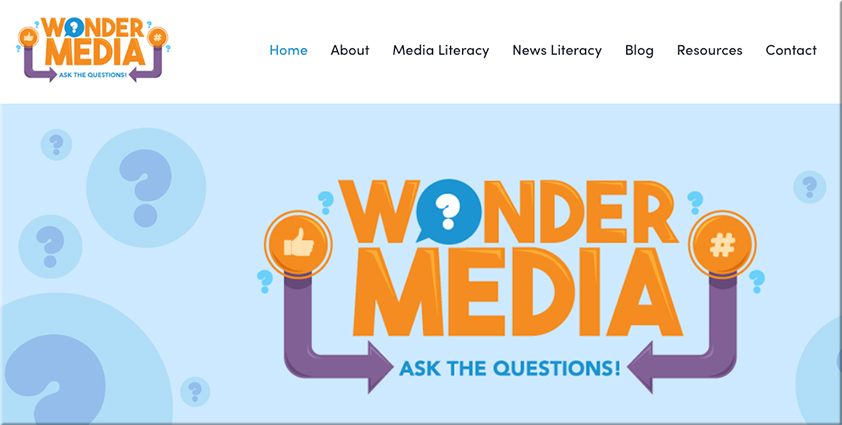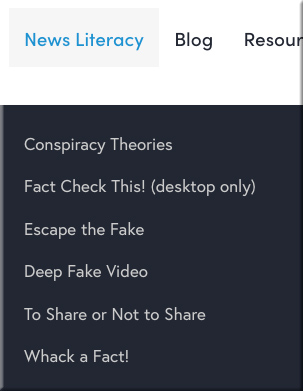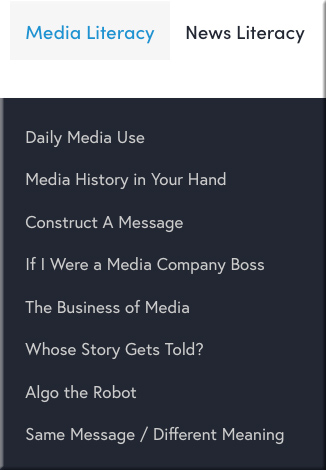For Teens Online, Conspiracy Theories Are Commonplace. Media Literacy Is Not. — from edsurge.com by Nadia Tamez-Robledo
If you’re a teen, you could be exposed to conspiracy theories and a host of other pieces of misinformation as frequently as every day while scrolling through your social media feeds.
That’s according to a new study by the News Literacy Project, which also found that teens struggle with identifying false information online. This comes at a time when media literacy education isn’t available to most students, the report finds, and their ability to distinguish between objective and biased information sources is weak. The findings are based on responses from more than 1,000 teens ages 13 to 18.
“News literacy is fundamental to preparing students to become active, critically thinking members of our civic life — which should be one of the primary goals of a public education,” Kim Bowman, News Literacy Project senior research manager and author of the report, said in an email interview. “If we don’t teach young people the skills they need to evaluate information, they will be left at a civic and personal disadvantage their entire lives. News literacy instruction is as important as core subjects like reading and math.”
To help teach your students about news and media literacy, I highly recommend my sister Sue Ellen Christian’s work out at Wonder Media.
There you will find numerous resources for libraries, schools, families and individuals. Suggestions of books, articles, other websites, and online materials to assist you in growing your media literacy and news media literacy are also included there.











